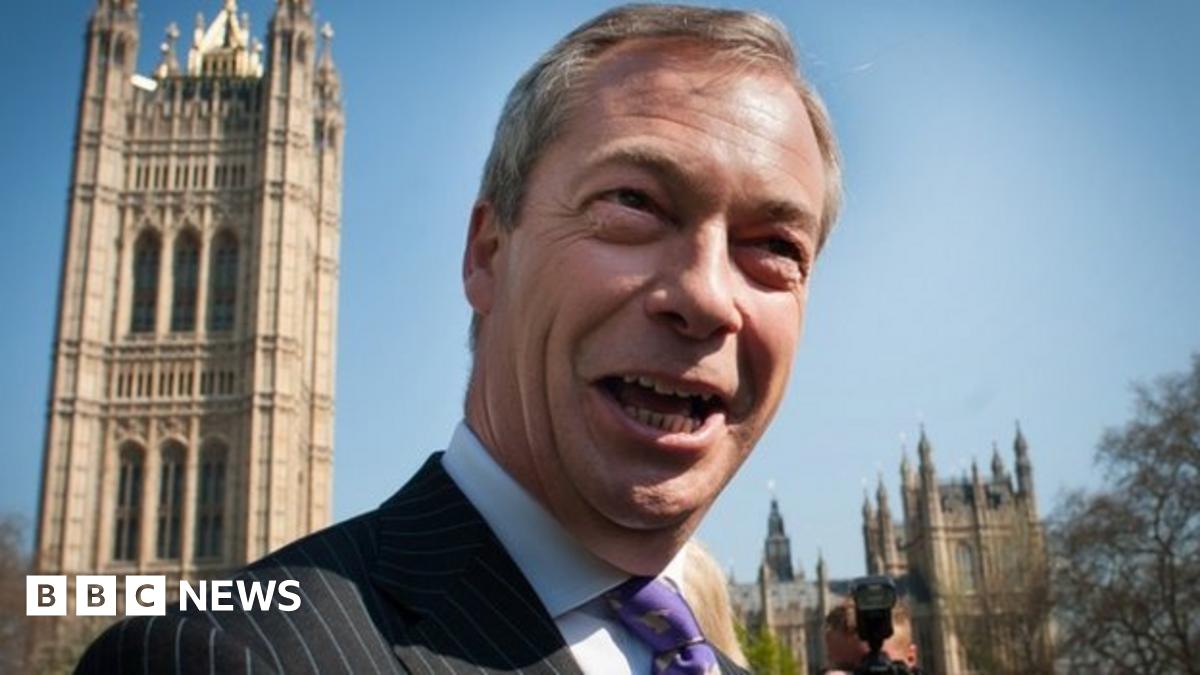Originally posted by aeolium
View Post
There have also been a few cases (and there might well soon be quite a few more) where the practice of tactical voting is a more complex one than simply voting for candidate A in order to keep out candidate B because there might be three candidates with what are perceived to be more or less equal chances of success and so the business of scuppering the success of certain candidates becomes a matter requiring electoral manipulation of candidates A, B and C; who knows, there might even surface a case in which four parties are thought to have broadly similar chances of success...


Comment